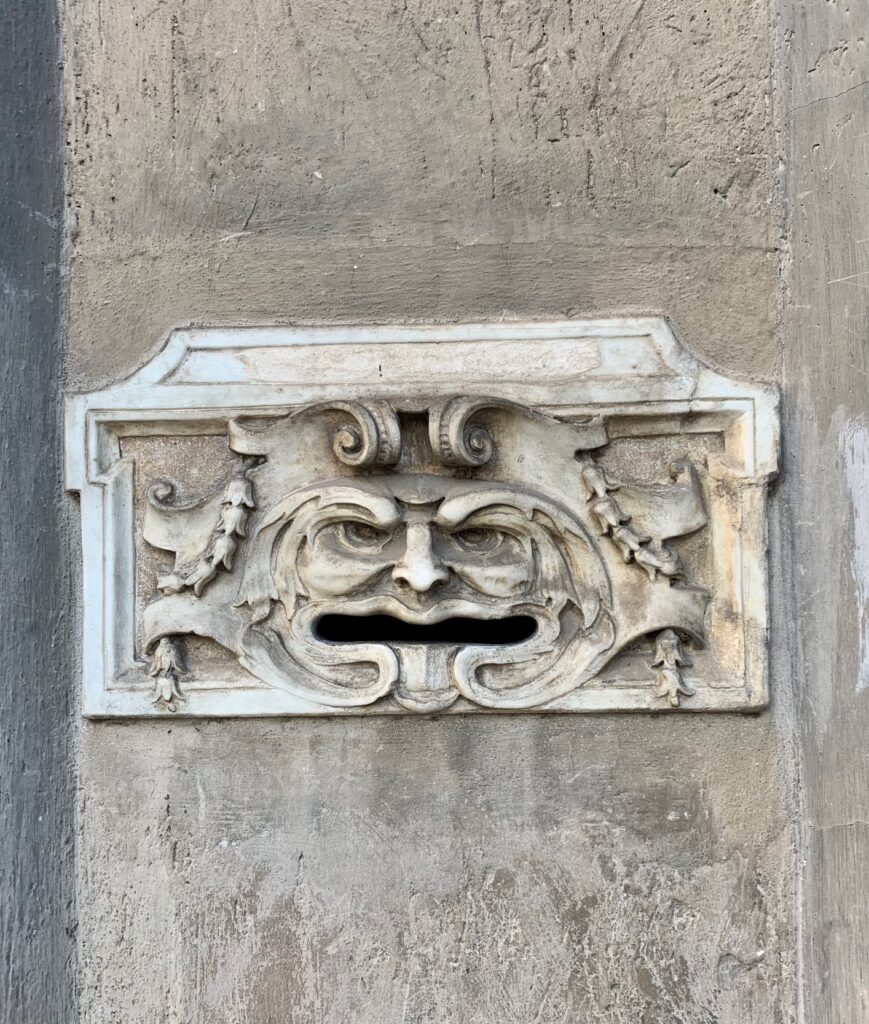
“By the way…. never say that you don’t know what something means.”
This was the advice uttered by an international colleague as I edited a product he’d created on an early European morning. As I sat at his workstation, the oppressiveness of his cologne overpowered any suspicion that what he’d just said was at best, a partially-thought out statement and, at worst, was something beyond arrogant. I was only a day or two into a new job, but I already knew that this guy was known for his vast knowledge and years of hands-on expertise. But that well-earned reputation, as I’d come to find out, was usually overshadowed not by that terrible eau de whatever he wore—but more frequently by his brutish approach to doing things. Like interacting with others.
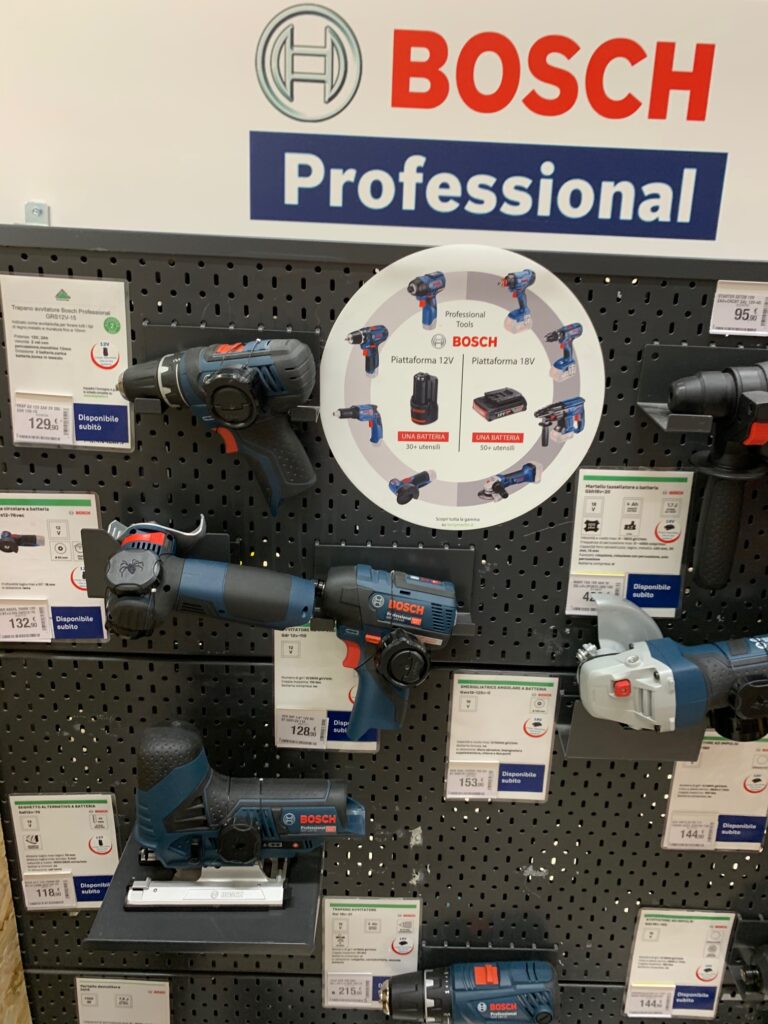
But I didn’t know this person like that yet. As two mutually-blank slates sitting next to each other, I absorbed his advisement like a pat on the head. He said it after I pointed to the screen and asked him what was meant by something that was included in the text. The term was new to me—and of course this could be forgiven considering that it was my first week joining a familiar yet slightly different organization. But asking the question, to him it meant that I was green—maybe even underqualified to be reviewing his stuff.
As far as I was concerned, I was posing this question exactly because I was not green. I had spent years building myself into an unabashed question-asker.
I turned and looked at him straight in the eyes.
“I will always speak up if I don’t know what something is,” I said. I gave my response with conviction and without pause, directly on the heels of that “helpful advice”. I did this on purpose, even though I was new and am usually careful about how I’m going to spend my Asshole Capital. Twenty years of going through this sort of thing—being the new kid but also being deemed an immediate expert—meant that all of the questions need to be asked.
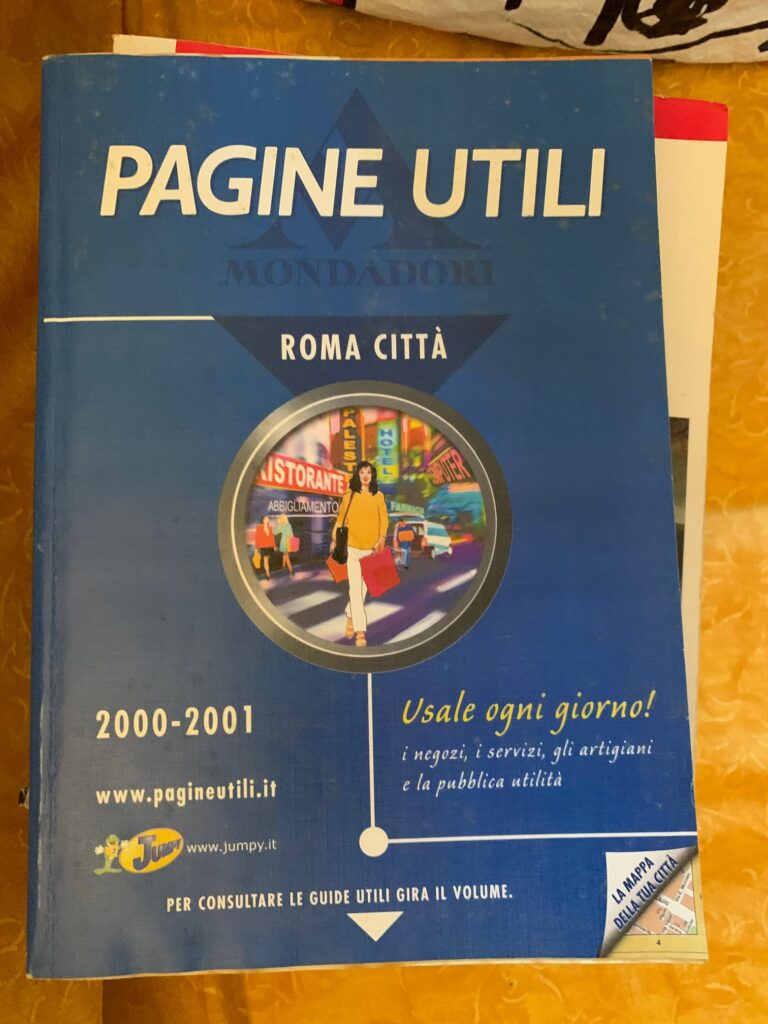
Maybe it was a cultural thing. This guy was extremely bright but had grown up in an environment that discouraged any demonstration of ignorance. “Better to remain silent and be thought a fool than to speak and remove all doubt”. I get that. As for myself, of course the threat of opening my mouth and sounding like an idiot is a real concern There are certainly times where I look at the situation and judge that I should just sit tight, acqua in bocca, and let the day move along without my words getting involved.
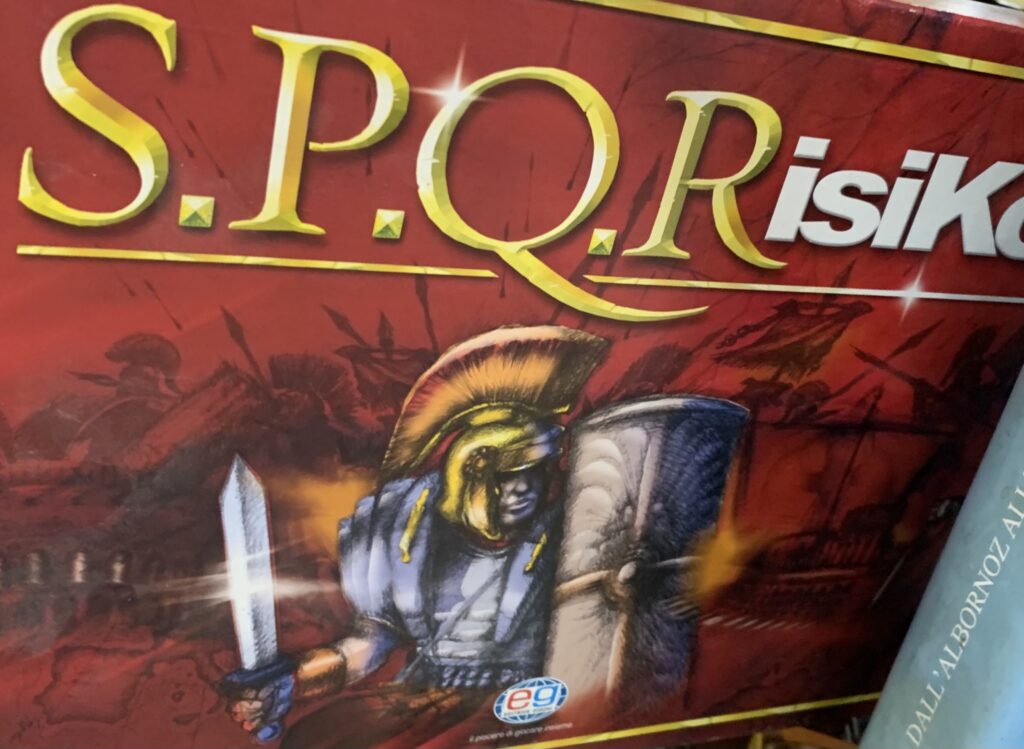
I think it’s a balancing act—deciding exactly where you’ll need to flag your ignorance and where it’s best to shut up and save the question for another time. For example, if I’m in a very high-level meeting where and some acronym keeps getting thrown around that I am not sure about, I won’t turn a spotlight on myself and ask the crowd for a definition. Instead, I will wait until after and try to look it up myself. If I’m not successful, I’ll ask a trusted colleague in a low key way. What’s interesting is that quite frequently, other people in the room aren’t exactly sure what something is, either. I pay attention to these trends. They seem to be important.

I think that a willingness to expose a bit of weakness is an endangered discipline. It becomes even more absent once we leave school and have to do adult jobs. But as I’m doing this growing older thing, I’m now fielding questions from subordinates, nieces and other youngsters who seem to think that I (ha ha!) have some magical key to all of their answers. And sometimes I do—but more often than not I’m just turning to Google….and then wondering why I am doing their homework for them. But then again, I’m happy to be asked, so I try to be helpful—and at least get someone going on their way.

I think that a willingness to expose a bit of weakness is an endangered discipline. It’s becomes even more absent once we leave school and have to do adult jobs. We tend to calcify and tend to protect ourselves, imagining that the image we present shouldn’t be pierced for fear that the integrity of the entire exterior will be compromised. But as I’m doing this growing older thing, I’m now fielding questions from subordinates, nieces and other youngsters who seem to think that I (ha ha!) have some magical key to all of their answers. And sometimes I do—but more often than not I’m just turning to Google….and then wondering why I am doing their homework for them. But then again, I’m happy to be asked, so I try to be helpful—and at least get someone going on their way.
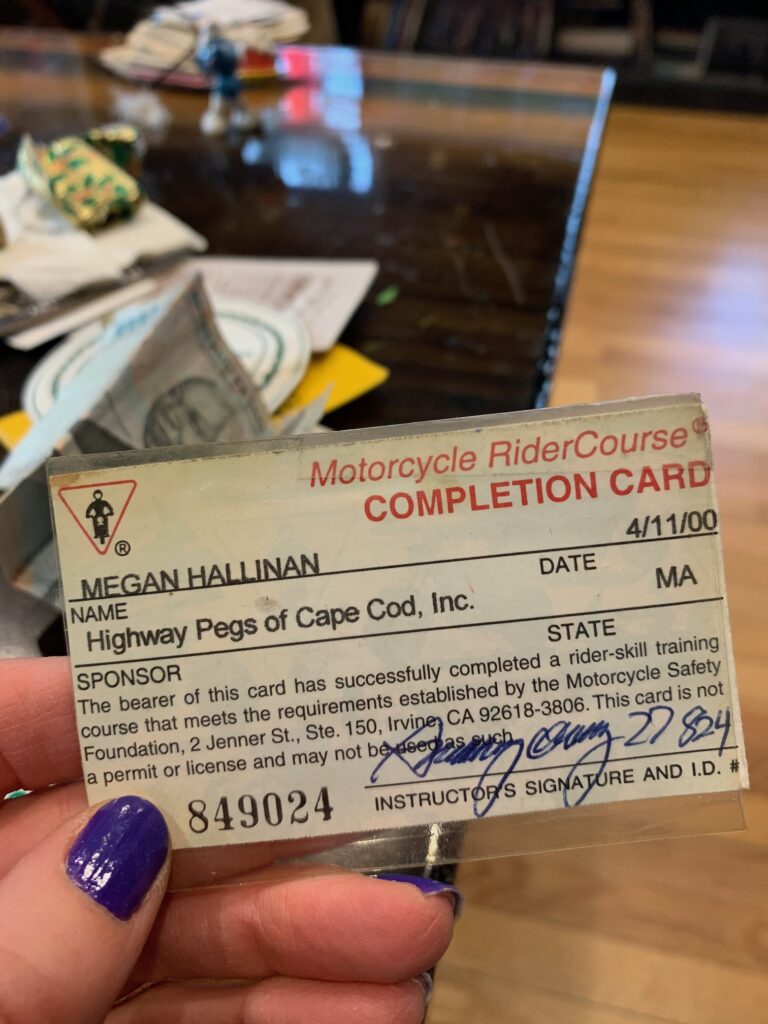
I clearly remember the moments as a younger human where I felt completely adrift and was afraid that I would never figure out how to do anything “adult”. The first fifty times, it can be intimidating to raise your hand and ask for help.
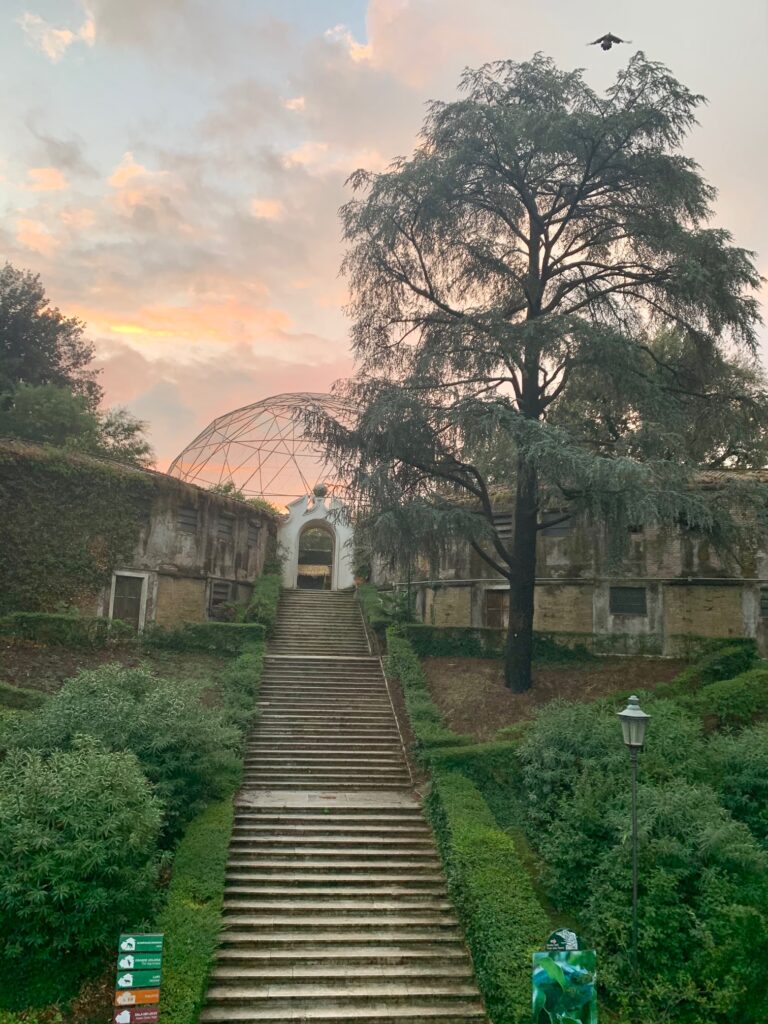
I believe that inside of our skins, we’ve all got varying degrees of academic, emotional and street intelligence. I also believe that each property has special value. When I think about my past performance and all of the feedback I’ve gotten over my life, I know that I will never have the catalog of data that my former co-worker had in his brain. I’ll never have the capacity (or interest) to list off technical specifications or historical chronologies. That’s not my thing. But during my time in that job, I did grasp that I had a higher dosage of empathy and as such would use that strength to become a better professional—and ultimately a better human being. I also never wear perfume to the office.
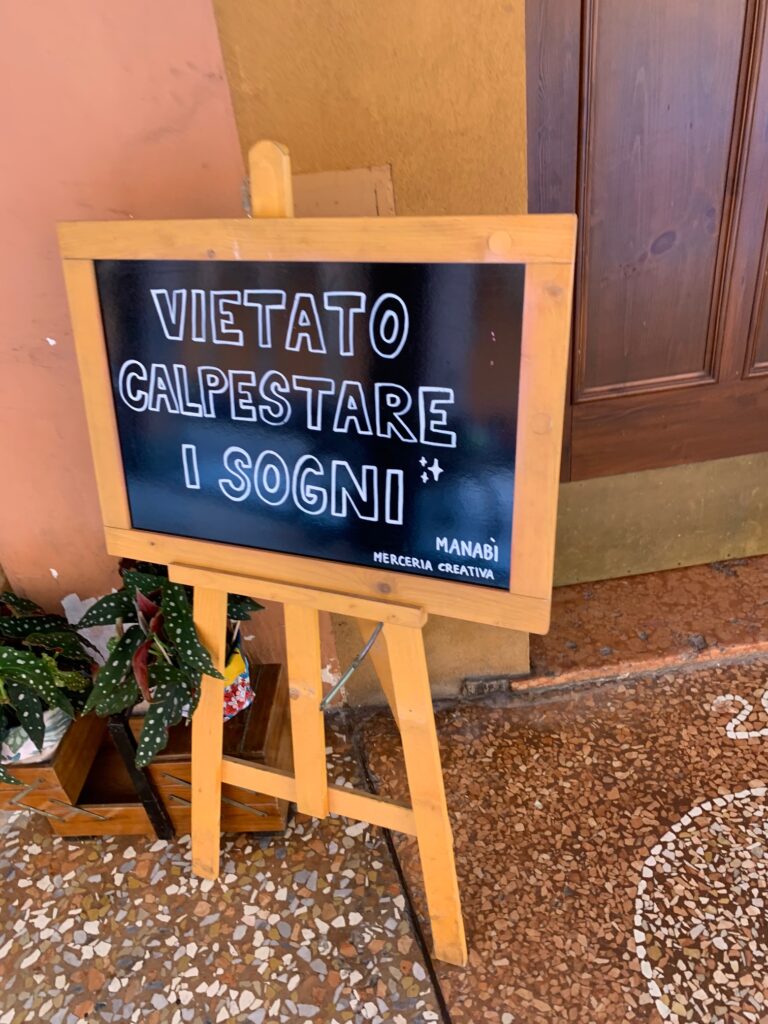
And perhaps it’s because I know that I will never be the smartest person in the room that I am totally okay with not trying to bullshit my way through every single interaction. If somebody thinks I’m an idiot for not knowing what something is—well, so be it. I can’t change them. As my very first Chief Petty Officer told me, “You know that small voice in the back of your head? That’s the one you’ve got to listen to.” He was right, and mine is usually telling me to speak up ask the dumb questions. More often than, I’m not the only one who stands to benefit.